Learn more about our impact
Learn more about our impact
- What we care about
- People
- Places
- Species
- Climate crisis
- Sustainability
- How we work
- Public policy
- Science
- Business
- Wildlife conservation
About WWF
WWF works to sustain the natural world for the benefit of people and wildlife, collaborating with partners from local to global levels in nearly 100 countries.
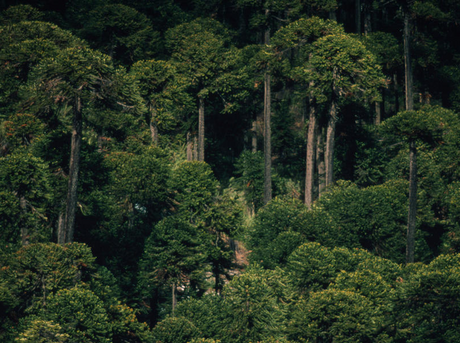
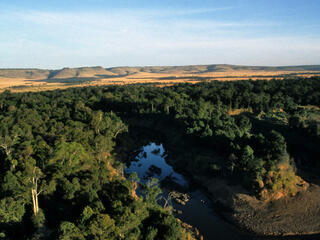
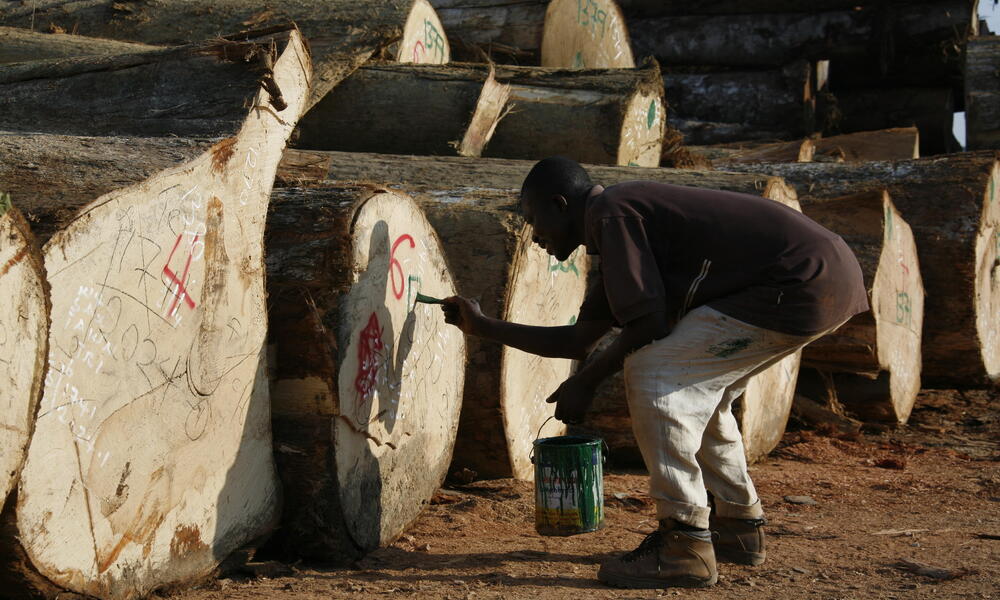

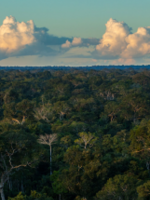
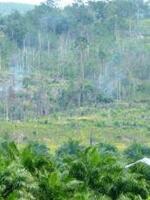
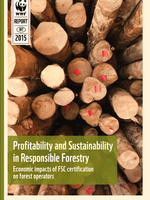
 Linda K. Walker
Senior Director, Corporate Engagement, Forests
Linda K. Walker
Senior Director, Corporate Engagement, Forests
 Kerry Cesareo
Senior Vice President, Forests
Kerry Cesareo
Senior Vice President, Forests
 Amy Smith
Director, Sustainable Natural Rubber, Forests
Amy Smith
Director, Sustainable Natural Rubber, Forests
 Stephanie Cappa
Director, Policy and Government Affairs
Stephanie Cappa
Director, Policy and Government Affairs